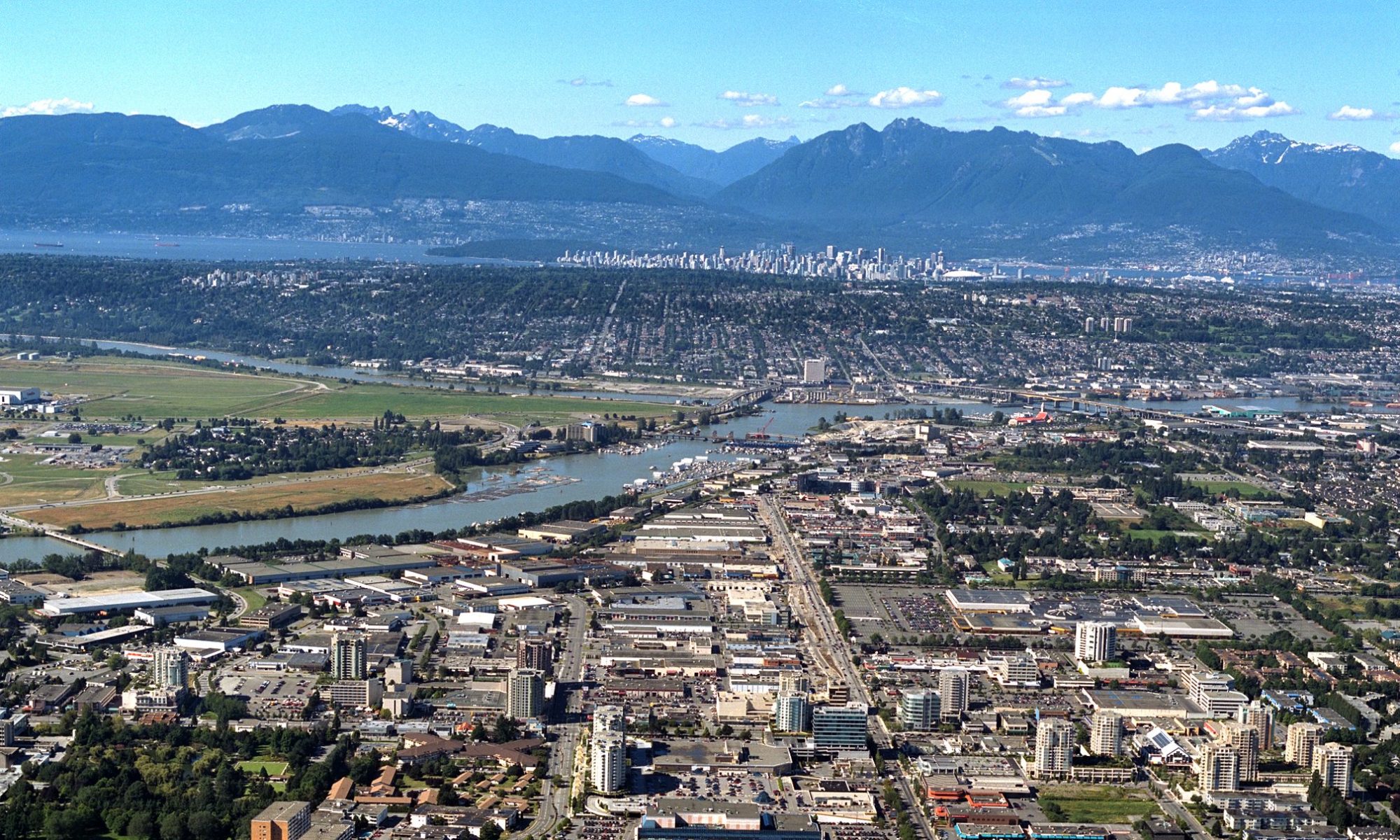Welcome to Group 4’s blog!
We are UBC Land and Food Systems students partnering with VCH public health dietitians, Vancouver Neighbourhood Food Networks, North Shore Table Matters Network, the City of Vancouver, and Fresh Roots to create Food Asset Maps. Our team will specifically be working to aid development of the Richmond Food Assets Map: Grocery Stores and Public Markets. We encourage you to follow us on our community development journey.
Meet the Team!
Kelly Law Major: Food, Nutrient and Health
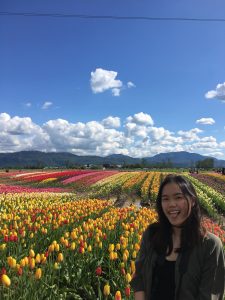 I enjoy playing ultimate frisbee because it is a fun form of exercise and also a bonding opportunity for me and my friends. In addition, I love exploring and trying out new food and restaurants, gaining new experiences and sharing them with my friends and family.
I enjoy playing ultimate frisbee because it is a fun form of exercise and also a bonding opportunity for me and my friends. In addition, I love exploring and trying out new food and restaurants, gaining new experiences and sharing them with my friends and family.
Through LFS 350, I hope to make an impact in the Richmond food system and explore different food resources in the city. I also hope to strengthen my skills in communication, writing and my abilities in working as a team player.
Ada Chow Major: Food Nutrition and Health
I love cooking, particularly Asian food, and I do enjoy trying out new recipes occasionally. Other than that, I also love travelling because I have always found it fascinating and inspiring as it allows me to experience the world in a different perspective.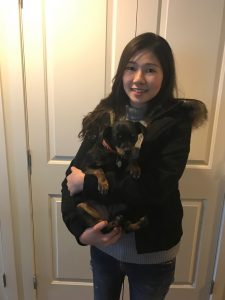
In LFS 350, I hope to learn more about our community food system, at the same time, I would like to give back to the society through the Richmond Food Aspect Project. From this project, I would like to gain a deeper understanding on the food assets in our small community. I also hope enhance my writing skills as well as to my ability to work with the team as an engaging individual.
Gloria Guo Major: Food and Nutritional Sciences Double Major
I am a foodie. I love to explore gourmet and restaurant. I enjoy having food with friends because it is a good opportunity for us to share our feeling and experience with others.
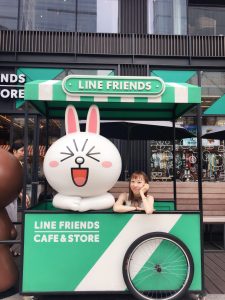 I like taking photos for the delicious food that I enjoy. Plus, I love to post them on social website like Instagram, especially at the midnight. For me, sharing my life is a rewarding way to open my mind and get in touch with the world.
I like taking photos for the delicious food that I enjoy. Plus, I love to post them on social website like Instagram, especially at the midnight. For me, sharing my life is a rewarding way to open my mind and get in touch with the world.
I think LFS 350 would be an effective course that can help us meet friends, talk to people, learn more knowledge as well as adapt in the community. I hope that I could apply my knowledge that I learned in school to the real life through doing the group project. I will try to contribute myself as much as I can and communicate with other group members in time.
Jeff Chan Major: Applied Animal Biology
I go to the gym three to four times a week, therefore I am an “expert” when it comes to healthy and efficient meal preparation. I always do research on how to make tasty and healthy dishes by watching Youtube videos and online recipes. Especially after learning other people’s ideas about meal prep, I like to create and alter the recipe to fit my own taste and preference. Grocery shopping is one of my favorite weekend activities, too!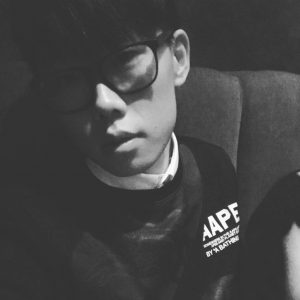
I think LFS 350 is a good way to explore more about food and the food system, which can benefit me in many ways. Besides, I know LFS 350 is a group project based course, and I love to work with other people and learn from my team. I think group work is the best way to explore your strength and weakness and learn from other’s strength. I will try my best to cooperate with my team and get rid of my bad habits!
Emily Peer-Groves Major: Plant and Soil Science
I am pursuing a degree in soil sciences for future applications in global food security and international development. I have many interests that range from bread making to geopolitics to keeping the plants alive in my apartment.
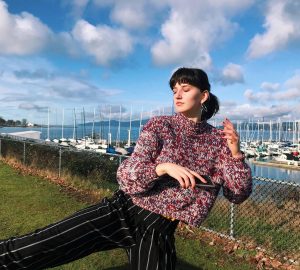
I hope this course will bring me a better understanding of the social metrics that contribute to a sustainable food system, and supply me with more opportunities to volunteer in my community through our own project and other projects being undertaken by our peers.
Why We Chose Asset Maps Richmond
As a group, we hope to make a positive impact on the Richmond food system. Contributing to Food Asset Map project provides us with that opportunity by changing the way Richmond residents’ interact with their city’s food resources. We are all interested in exploring the different food asset options and learning more about different ways to help low income households. Throughout the course of the term, we will be anticipating any challenges that our project might bring to us as a way to strengthen our adaptive communication skills. Collectively, we all want to develop better communication skills through connecting with different community partners and also within our group.
The reason why we chose to do this project is to explore more of richmond city and to make a difference in this community. Food, Land and the Environment II has highlighted the importance of social well being and citizens rights within the food system. We are particularly interested in the Asset Map because of its many applications in community planning. This tool will allow governments or researchers to estimate the proximity to nutritious and/or affordable food to different vulnerable populations. This could be a very useful tool for city planning.
Project Objective
- To provide a tool to community members and partners for locating community food assets that is current, easy to use and easily updated
- To build community capacity to support community members dealing with food insecurity
- To make it easier for Richmond community partners to view and use community food assets strategically
Food assets are places where people can grow, prepare, share, buy, receive or learn about food. Community organizations and schools are also included on the map because they are places where community members can get support with learning and health or connect with others in their community. Asset Maps already exist for Vancouver and the North Shore Communities and will serve as an example to us.
First Impressions
We were met with kind greetings at Vancouver Coastal Health Richmond Office where we began to discuss the project’s goals with a registered dietician / project coordinator.
Vancouver Coastal Health and its affiliates seem to embody Ernesto Sirolli’s advice for ‘people trying to help’. He proposes that the first step is to listen to the people you’re trying to help, and let their ideas guide the solution. It was made clear that community feedback is a cornerstone of the development of this tool. Part of our job will be to conduct interviews with community partners and business owners.
Food justice is to develop a community framework where people can eat healthily without concern. I think the right to have access to fresh and nutritious food should be equal to everyone in the world. People shouldn’t need to be concerned about whether they can afford it or not. In order for food justice to work, we need to solve problems related to efficient food production and the unequal food distribution around the world.
